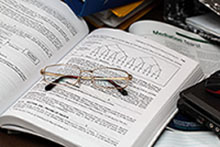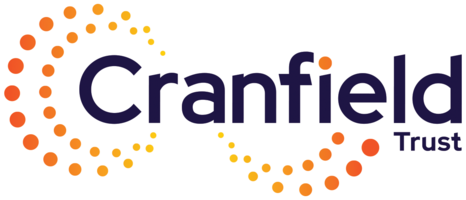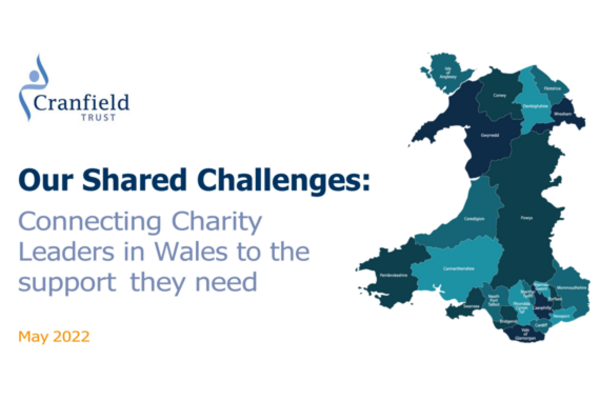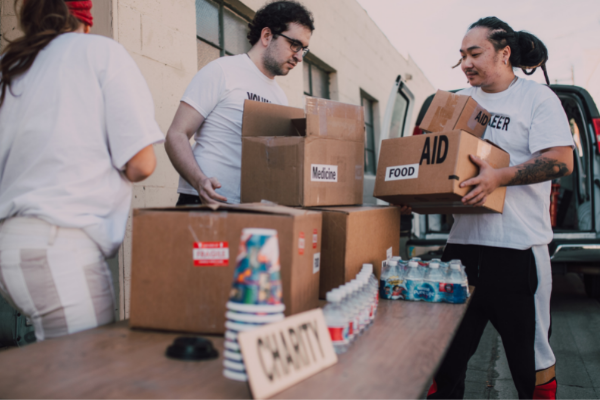Lack of foresight, broken promises, unavoidable circumstances, insufficient financial forecasting, unexpected expenses... whatever the reasons, insolvency leading to charity closure is painful and hard to accept.
For most charities, the biggest concern is always for its service users, followed by the staff but do the Trustees know their responsibilities and liabilities?
Caroline Clark, an experienced Insolvency practitioner and long-standing Trust volunteer provides her professional insight.
What is Insolvency?

Many charities live with constant financial uncertainty. This is different from insolvency, which has a legal definition combining the inability to pay debts as they fall due and having liabilities that are greater than assets.
If a charity cannot pay its debts when they fall due and no other funding is immediately available, then the trustees should consider seeking professional advice from an insolvency practitioner.
Prompt action should be taken as soon as insolvency is recognised. Avoid increasing liabilities wherever possible and consider ceasing to trade. It may be possible for another charity to assist by taking over the business and employees of the insolvent charity.
For all charities in this situation, the immediate concern will be for those helped by the charity to ensure that they do not suffer but trustees should also be aware of their legal responsibilities to creditors, including employees, of course.
If employees are to be made redundant then there may be legal requirements for a consultation process, depending on the number of employees involved.

An incorporated charity is subject to the Insolvency Act 1986. The trustees should not be liable for the charity's debts and the distribution of the charity's assets to its creditors should be carried out according to the Insolvency Act, by a licensed insolvency practitioner.
An unincorporated charity is not subject to the Insolvency Act 1986, so the trustees and creditors effectively do not have the protection of the law. The trustees should seek professional advice, including whether they may be personally liable for the charity's debts.
Cranfield Trust can help with the initial steps of the insolvency process but it may well still be necessary to instruct an insolvency practitioner. Assistance is available and it is important not to delay taking advice and action.
When might trustees be personally liable for the charity's debts?
Trustees may be personally liable for the charity's debts in some circumstances and it is possible to reduce this risk. Charities might be best advised to review the implications their legal structure - this would be very important if a charity had major financial problems and had to consider insolvency procedures.
If a charity is incorporated, ie it is a company registered at Companies House, then if the charity became insolvent it would be subject to the Insolvency Act 1986 and related legislation.
A licensed insolvency practitioner may be appointed as appropriate and the assets of the charity distributed among its creditors according to the law. In this situation, the trustees should not be personally liable for the charity's debts.
If a charity is unincorporated, ie it is a more informal organisation, perhaps similar to a partnership, and it is not a company registered at Companies House, then if the charity became insolvent it would not be covered by the Insolvency Act 1986.
This means that neither the charity, the trustees nor the creditors have the protection of the legal process of appointing a licensed insolvency practitioner to distribute the charity's assets according to the law.

The trustees may also be personally liable for the charity's debts and it is for this reason that trustees may seek the protection of insurance.
If you are a trustee of an unincorporated charity and you are relying on insurance to protect you from personal liability for the charity's debts, it is worth checking to make sure that the insurance policy covers all these liabilities. Some policies may not include redundancy payments, for example.
Major, ongoing financial difficulties cause problems for everyone but avoiding the structure of an unincorporated charity is likely to make things less complex. Trying to change the structure of an unincorporated charity to an incorporated charity after it became insolvent would be too late and would not help.
Caroline Clark - Insolvency Practitioner and Cranfield Trust Volunteer
Caroline Clark is a qualified insolvency practitioner and consultant. Caroline began her career in insolvency over 25 years ago and has since specialised in technical, compliance and regulatory matters.
Caroline is now a director of RMCSC Ltd, providing a bespoke advisory service to insolvency practitioners and others needing skilled professional advice about insolvency. The Cranfield Trust accepted Caroline as a volunteer in 2011 and Caroline has since advised charities experiencing financial difficulties as well as providing information about insolvency that can be used by all the members of The Cranfield Trust.
Caroline qualified as an insolvency practitioner in 1991 and graduated from Birmingham University with an MBA in 1999.








